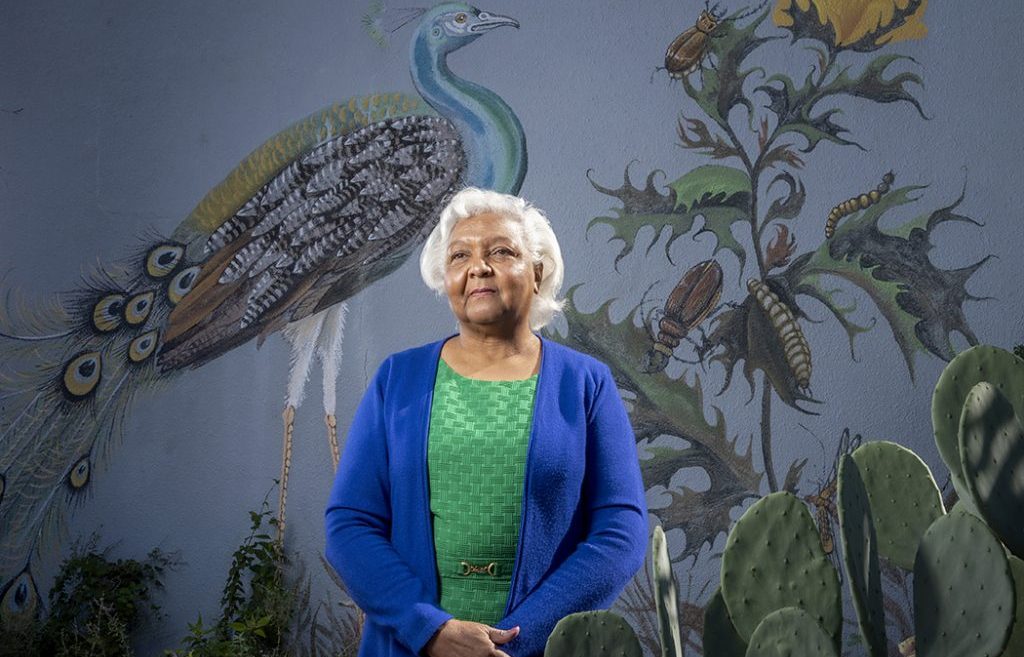
IT ALL STARTED WHEN ...
One day in November 2014, when Anga Sanders had a revelation as she walked into an Albertson’s in the upscale Uptown area and stopped in her tracks, gazing at the salad bar just a few yards within the entrance of the store. It was filled with fresh greens, bell peppers, bacon bits, tomatoes, olives, even chunks of pineapple as toppings — and realized that there was absolutely nothing like this south of the Trinity River.
For years she had routinely traveled the 13 miles from her home in in Oak Cliff to shop at this store because quality grocery stores are virtually nonexistent near her neighborhood. The vast Oak Cliff area, comprising more than 54% of the land mass of Dallas, and home to more than 200,000 residents, is a food desert. defined by the U.S. Department of Agriculture as a “low-access community” where at least 33 percent of the population resides more than one mile from a supermarket.
Anga prefers the term “food apartheid” to describe the policies and practices that have led to the limited food options south of I-30, the bustling highway that separates northern and southern Dallas. It might as well be a bottomless chasm, as large grocery chains continue to build major stores where they are already plentiful while ignoring the large population south of downtown. Southern Dallas’ food options are generally limited to dollar stores, convenience stores, gas stations and non-standard grocery stores like Sav-A-Lot and Cash Saver that add a surcharge to their often-subpar food offerings.
These practices have led to Dallas claiming ownership of the unhealthiest zip codes in the entire State of Texas, zip codes with extremely high incidents of obesity, Type 2 diabetes, hypertension, cardiovascular disease and cancer. All of these conditions can be caused or impacted by what one eats. A D Magazine article recently noted that men living in 75215 zip code, a food desert, have a 26-year shorter lifespan than those residing in 75204. Anga Sanders viewed that as an injustice and vowed to tackle the problem.
FEED Oak Cliff was born after a community meeting in early 2015 with a small but determined residents whose goal was attracting healthier grocery stores to food deserts. Corporations refused to seriously discuss it, citing erroneous perceptions that southern Dallas is nothing but an impoverished area rife with crime. They are wrong! After years of being rebuffed, FEED Oak Cliff decided it was time to build their own transformative community market consisting of a grocery store, a bistro-style restaurant providing healthy takeout options and hosting classes on health and nutrition, and a commercial kitchen available to community chefs who wish to build real food businesses. The journey continues.
